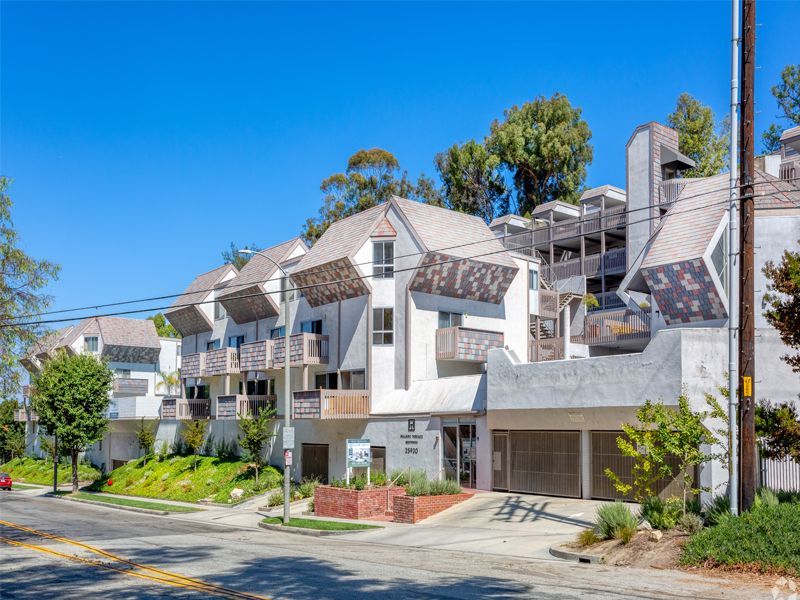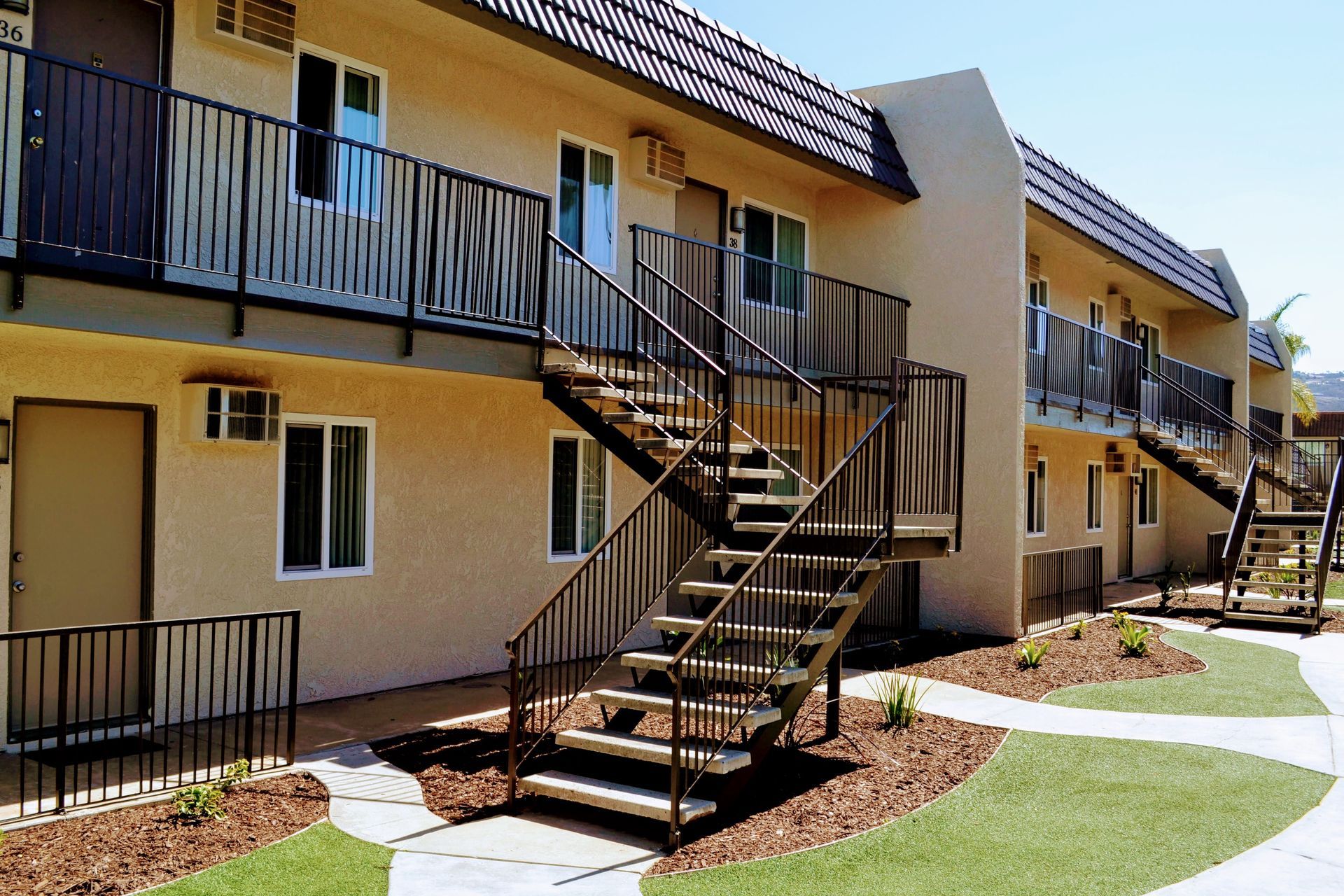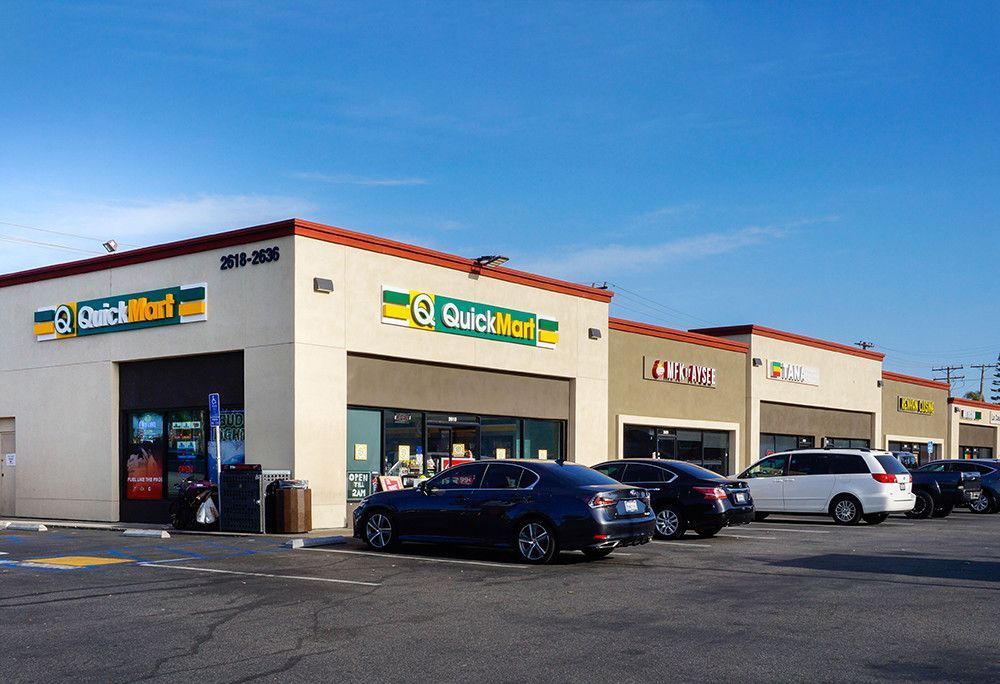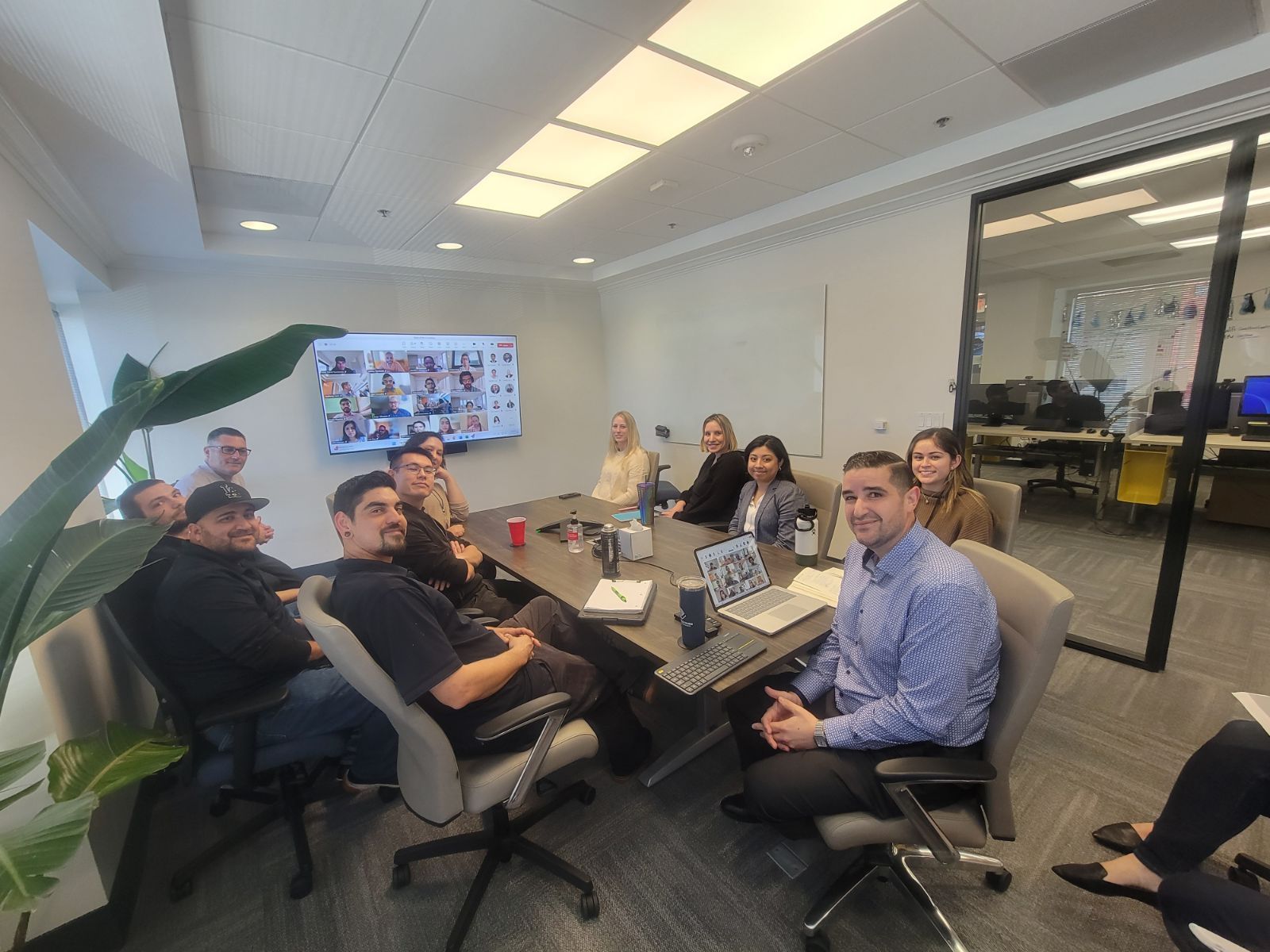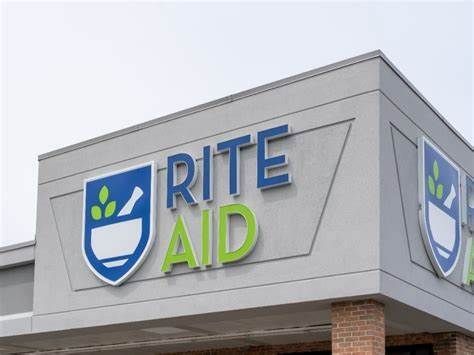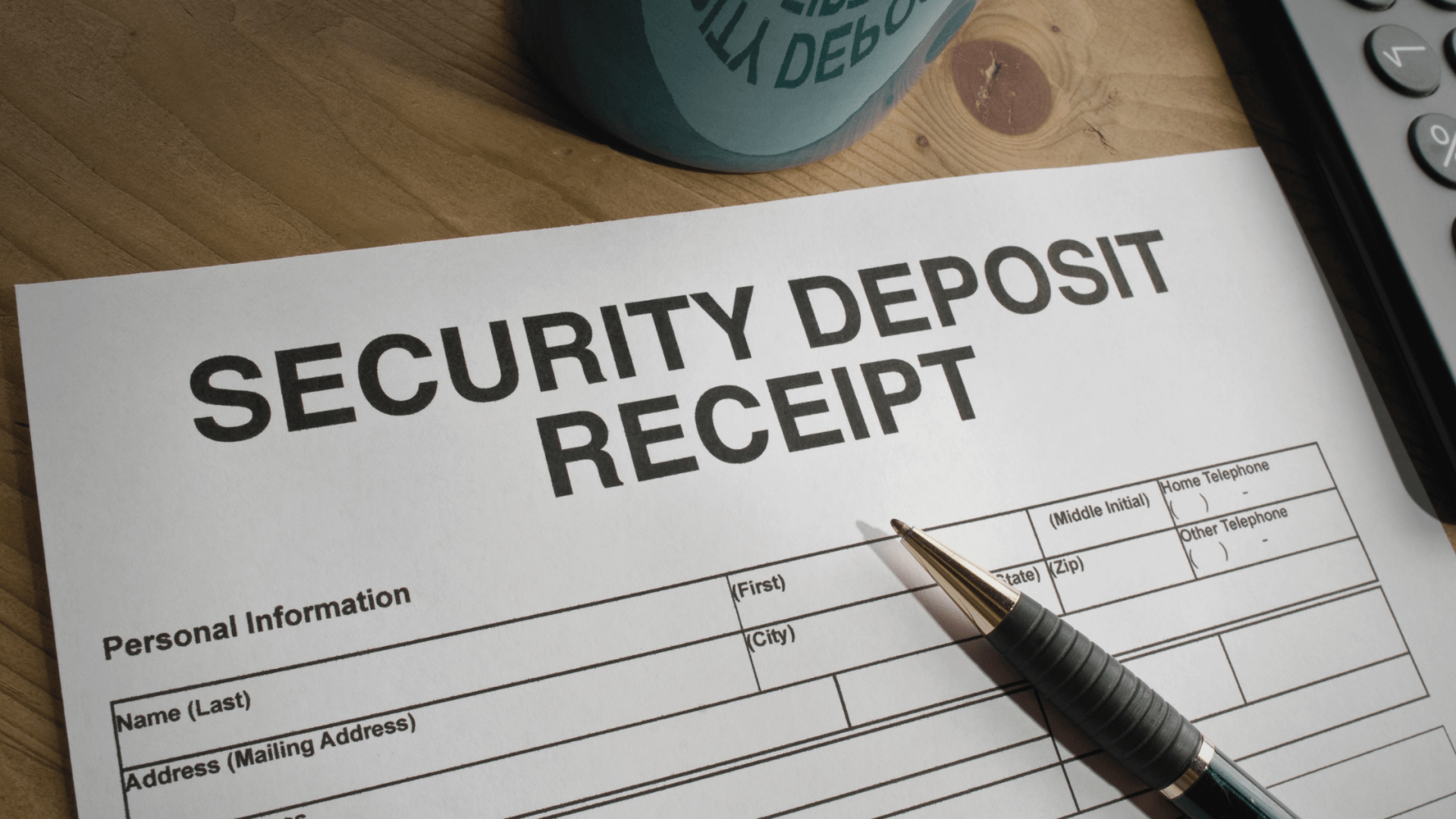At Coastline Equity, we share a lot of information about investing in and managing residential property. However, for much of its 40+ years of business, Coastline has specialized extensively in commercial real estate, such as retail centers and office buildings. To this day, we still manage an extensive portfolio of commercial real estate.
As such, one of our most significant responsibilities for those properties is to calculate, manage, and enforce what is known as “triple nets.” Commonly written as “NNN,” a triple net lease is frequently used in commercial real estate. With this type of lease, the tenants are responsible for paying the property insurance, property taxes, and maintenance costs of the property.
What Are NNNs
To be more precise, a triple net lease is one in which the tenants agree to pay their pro-rata share of all expenses associated with the common-area maintenance of the building (referred to as CAMs), the property taxes, and the insurance. Once those numbers are calculated, they are written into each tenant’s existing lease agreement via what is known as an amendment to the lease. Each month, the tenants are responsible for paying their predetermined “base rent” amount plus their estimated monthly triple net amount.
Calculating NNNs
Triple nets are typically calculated by projecting the total amount of expenses for the coming year, dividing it by the total rentable square footage of the building, and then dividing that by 12. This calculation gives you a monthly dollar-per-square-foot amount to charge each tenant. You would then multiply that number by each tenant's square-footage use of the property in order to find out how much each tenant will actually pay each month.
While property taxes and insurance are relatively stable and easy to predict year after year, the expenses related to common-area maintenance are likely to fluctuate (particularly as unexpected or “non-recurring” expenses arise throughout each year). Because of this, tenants are informed that this triple net amount is based on a projection/estimate for the coming year and that the actual costs incurred could be different.
For this reason, a CAM Reconciliation is performed by the landlord or property manager at the end of each year and determines if the tenants paid more or less than the projected amount. If they paid more, a refund is given. If they paid less than the actual expenses incurred, they would owe the difference.
Because the landlord does not profit from triple nets (and because tenants are incentivized to pay the least amount possible), it is in the landlord’s best interest to keep triple net costs as low as possible while still maintaining the property in the best possible condition. If the building is newer and/or consistently well-maintained, the ongoing maintenance will generally cost less, thus lowering the triple net costs for the tenant.
What Do NNNs Cover?
NNNs specifically cover common-area maintenance expenses. Essentially, this refers to any recurring or non-recurring work that is performed to the shared spaces/utilities of the property (and which benefits all tenants). Recurring costs can include routine day-porter service, monthly property management, weekly trash removal, and monthly electricity bills for exterior lighting.
Non-recurring expenses might include filling potholes in the parking lot, replacing broken light fixtures, or replacing broken sprinklers.
It is also important to note that in many cases (such as the Los Angeles, Riverside, and Orange County regions where Coastline Equity manages properties), triple leases are commonly written where the landlord will be responsible for all costs relating to the foundation, structural elements of the building (such as structural beams and exterior framing, for example), and the roof.
Benefits of NNN Leases
In order to understand the benefits of a triple net lease, we first have to look at an alternative type of lease called the "gross lease." In a gross lease, the tenant pays a single base-rent amount each month, and the landlord is responsible for paying for the insurance, property taxes, and CAMs. The landlord is therefore incentivized to charge a higher base rent amount in order to ensure that their rental income is sufficient enough to cover all expenses and turn a profit.
One benefit of triple-net leases is that they allow the landlord to advertise their rental space with a lower base rent amount, which can attract more renters. While tenants must then pay an additional amount in triple net costs, this amount is shared by all tenants and can be minimized with proper and efficient management.
Another benefit is that it incentivizes tenants to take responsibility for the care of common areas of the property. For example, tenants at a shopping center may be more inclined to keep the trash enclosures clean and clear for the weekly trash pickups so that they do not end up paying for increased service or special pickups.
Triple net leases also encourage longer-term leases, such as five to ten years (or even more), since landlords have the assurance that changes to their operating expenses over time will be shared with their tenants.
Also, in a triple net lease, the tenant is usually 100% responsible for any and all work/repairs that are needed within their own rentable space and which do not pertain to common areas of the property. This generally leads to lower turnover rates and a very hands-off investment for the landlord, particularly when a skilled and experienced property management company is used to enforce the lease and determine any annual changes to the triple net amount.
Lastly, triple net leases are generally seen by banks and other lenders as relatively stable investments since they involve a greater level of responsibility for the tenant. This, in turn, makes it more likely for investors to secure better loan terms. They can also be very attractive to potential buyers, which makes selling easier.
With over 40 years of professional property management experience, Coastline Equity is well-equipped to help real estate investors manage their commercial properties, re-negotiate existing leases, and evaluate/plan common area maintenance (CAM) expenses at your property.
For questions or more information regarding commercial property and NNN leases, contact us through our website at www.CoastlineEquity.net!
Property Management Made Easy
Contact Us - Contact Page
We will get back to you as soon as possible
Please try again later
Los Angeles
1411 W. 190th St.,
Suite 225
Los Angeles, CA 90248
Temecula
41743 Enterprise Circle N.,
Suite 207
Temecula, CA 92590

P.O. BOX #1489
TORRANCE, CA 90505
